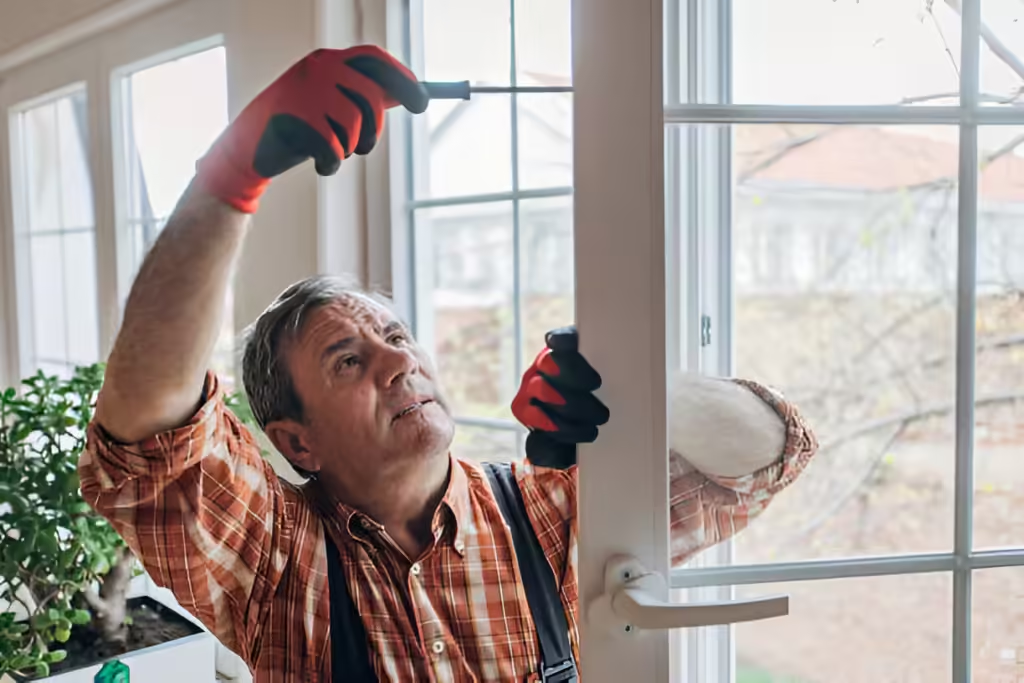Sustainability is no longer just a buzzword, it’s a lifestyle choice that more homeowners are embracing every day. From energy efficiency to using eco-friendly materials, the desire to create a home that’s both stylish and kind to the planet is stronger than ever. But where do you start? According to top experts, these six sustainable home renovation tips are your gateway to a greener, more eco-conscious living space. Let’s dive into the insights that could transform your home into a sustainable haven.
Tip 1: Prioritize Energy Efficiency
Making your home energy-efficient is one of the most impactful steps you can take toward sustainability. Focus on upgrading insulation, sealing leaks, and investing in energy-efficient windows and doors. These changes not only reduce your carbon footprint but also save money on energy bills. Experts agree that the initial investment is well worth the long-term benefits.
Tip 2: Choose Sustainable Materials
Sourcing materials that are renewable or recycled can significantly reduce the environmental impact of your renovation. Bamboo, reclaimed wood, and recycled metal are just a few examples of materials that are both durable and eco-friendly. Designers emphasize that these materials don’t just look good—they’re a smart choice for sustainable living.
Tip 3: Reduce Waste
Renovations can create a lot of waste, but there are ways to minimize it. Reusing materials from your home or purchasing salvaged items can greatly reduce the amount of waste generated. Experts suggest working closely with your contractor to find creative ways to repurpose materials. This approach not only benefits the environment but also adds a unique character to your home.
Tip 4: Opt for Water-Saving Fixtures
Water conservation is another key aspect of a sustainable renovation. Installing low-flow faucets, showerheads, and dual-flush toilets can drastically reduce water usage. Experts note that these fixtures are now available in a variety of styles, ensuring that sustainability doesn’t come at the cost of aesthetics.
Tip 5: Focus on Indoor Air Quality
A truly sustainable home is one that promotes health as well as environmental responsibility. Using low-VOC paints and finishes, opting for natural cleaning products, and ensuring proper ventilation are all crucial for maintaining good indoor air quality. Designers stress that these choices can have a profound impact on your overall well-being.
Tip 6: Invest in Renewable Energy
One of the most forward-thinking sustainable practices is to incorporate renewable energy sources like solar panels or wind turbines. While the upfront cost can be significant, the long-term savings and environmental benefits are considerable. Experts agree that this is one of the best ways to future-proof your home against rising energy costs.
Conclusion:
Sustainable renovation is more than just a trend—it’s a commitment to a better future for our planet and ourselves. By following these expert-backed tips, you can create a home that is as eco-friendly as it is beautiful. The choices you make today will have a lasting impact, both in terms of environmental preservation and the quality of life you enjoy in your home. So why wait? Start your sustainable home renovation journey now and make a positive difference for years to come.
FAQ Section:
Q: What are the benefits of using sustainable materials in renovations?
A: Sustainable materials are not only environmentally friendly but also durable and often more cost-effective in the long run.
Q: How can I make my home more energy-efficient?
A: Focus on improving insulation, sealing leaks, and installing energy-efficient windows and doors to reduce energy consumption.
Q: Are water-saving fixtures expensive?
A: While there may be a higher initial cost, water-saving fixtures lead to significant savings on water bills over time.
Q: What are low-VOC paints, and why should I use them?
A: Low-VOC (Volatile Organic Compounds) paints emit fewer harmful chemicals, improving indoor air quality and overall health.
Q: Is investing in renewable energy worth it?
A: Yes, renewable energy sources like solar panels can provide long-term savings and reduce your home’s environmental impact.








